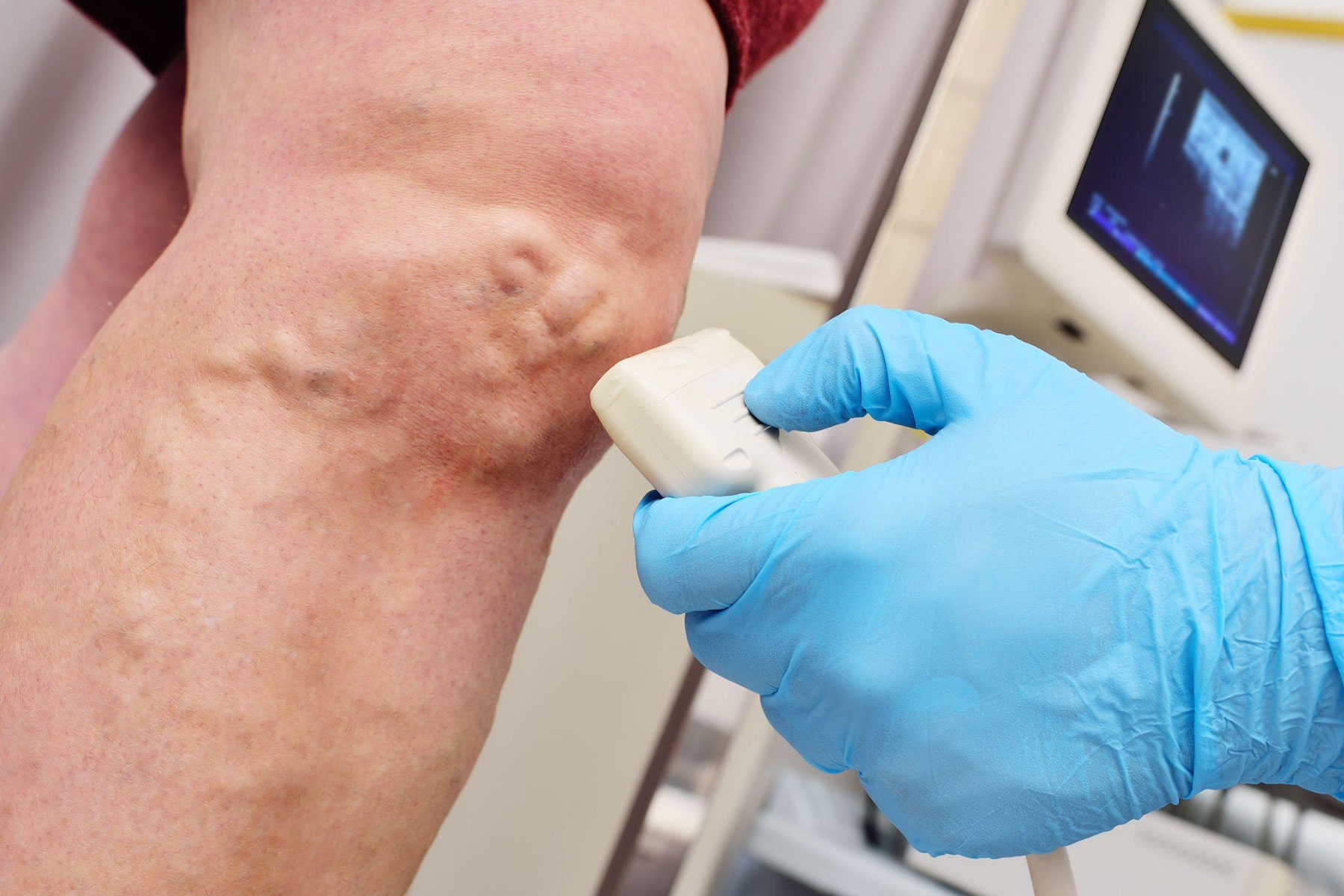While varicose veins are a fairly common health condition that does not usually pose any serious medical danger, blood clots are a more serious issue that has the potential to cause significant harm. If you experience varicose veins, you may have heard that that also means you have blood clots. Keep reading to learn more about the connection between these two conditions.
What are Blood Clots?
Blood clotting is a normal and healthy process that your body undergoes when it’s suffered an injury. Increased protein and other material in the blood transform it to a thicker consistency to reduce the amount of blood that’s lost through a cut or wound. After your injury heals, the clot will dissolve and your circulatory system will continue functioning as normal.
However, occasionally the body will create a blot clot when it’s not supposed to. In these situations, the blood clots form in the vein and may not dissolve. If it travels through the bloodstream to the heart or lungs, it could cause a pulmonary embolism or another type of major medical event.
Connection to Varicose Veins
If you have varicose veins, you may have heard that this condition is a sign of blood clots. Fortunately, this is not always true, and many patients with varicose veins never experience blood clots simultaneously.
However, there is evidence that there may be a connection between the two conditions. A 2018 study published in the Journal of the American Medical Association found that patients who had been diagnosed with varicose veins also had an increased risk of blood clots. In other words, having varicose veins is not a sign that you have blood clots, but you may be more likely to develop them in the future as a result.
When a varicose vein forms in the leg or another part of the body, weakened mechanics in the vein can cause some blood to flow backward and pool, leading to swelling and pain. This breakdown in circulation can also result in blood clots, which are known as deep vein thrombosis when they develop in the legs. This condition can be extremely dangerous, leading to serious medical issues with the lungs or heart.
What this means is that you may be able to lower your risk of developing blood clots by receiving proper medical treatment for your varicose veins. Fortunately, treatment for varicose veins is usually minimally invasive and has a high chance of success. Even something as simple as wearing compression stockings can enhance blood flow in your legs, reducing the risk of blood clots. Your vascular health professional can help you understand more about your specific risk factors for blood clots as well as actions you take to stay healthy and safe in the future.
Southern Utah Vein and Vascular Specialists
If you’re concerned about varicose veins, blood clots, or any other vascular issue, the professionals at Heart of Dixie Vein and Vascular Center can provide you with the care you need. Heart of Dixie Vein and Vascular Center has locations in St. George, Cedar, City, and Mesquite, and our team of experienced cardiovascular professionals provides high-quality, compassionate care to patients throughout southern Utah and Nevada. Contact us today for more information.




